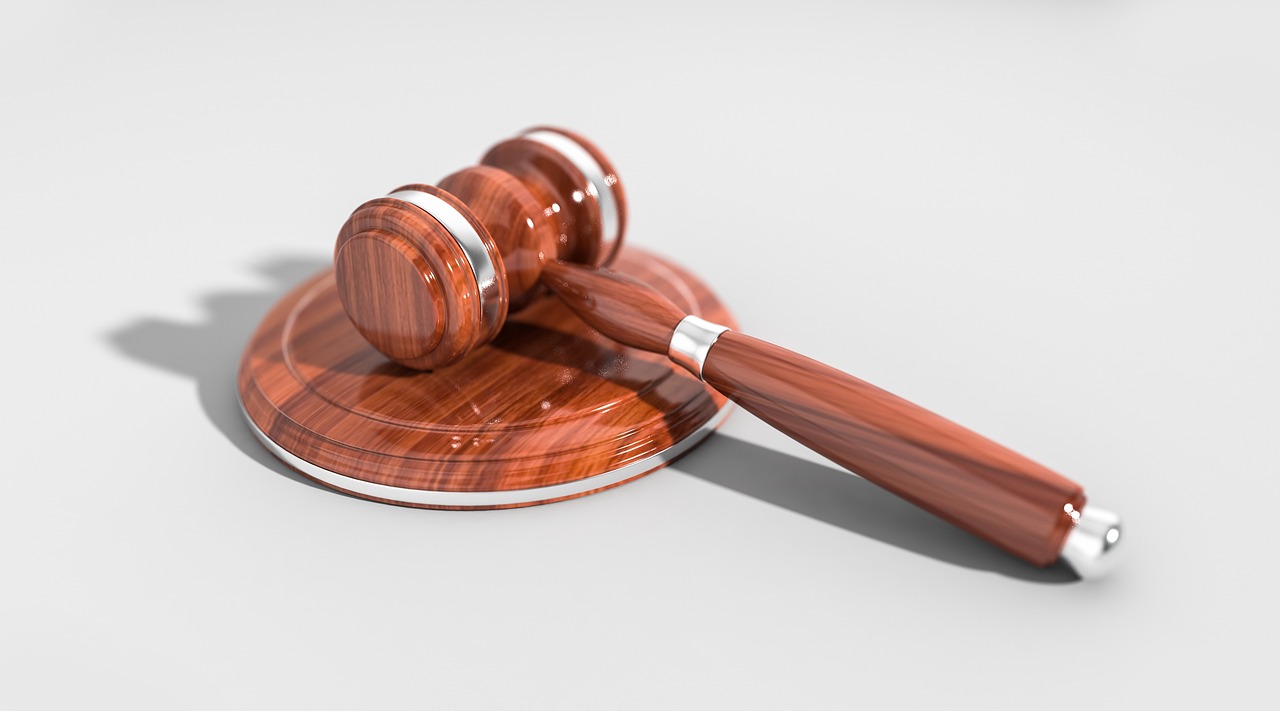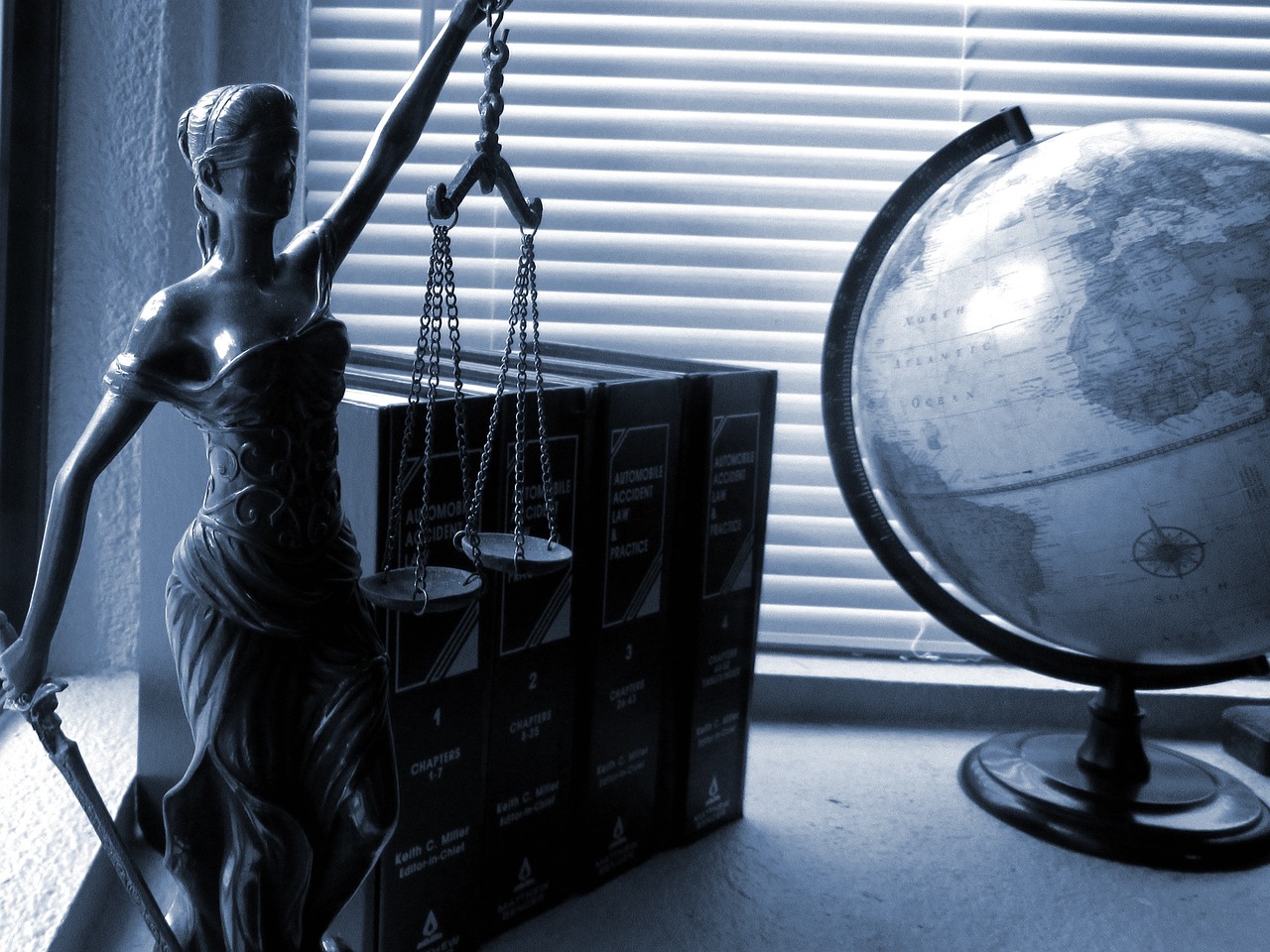Arrest Warrants Spark Polarized Reactions
The recent issuance of arrest warrants by the International Criminal Court (ICC) for Israeli Prime Minister Benjamin Netanyahu and former Defence Minister Yoav Gallant has ignited a firestorm of reactions within Israel and beyond. While the decision has been met with outrage from Israeli leaders, it has been embraced by Palestinian groups, including Hamas and Palestinian Islamic Jihad, as well as many citizens in Gaza.
Reactions from Israeli Officials
Leading political figures in Israel have condemned the ICC’s announcement. President Isaac Herzog characterized the day as “a dark day for justice and humanity,” suggesting that the court’s actions favor terror over democracy. The Prime Minister’s office denounced the decision as “antisemitic” and dismissed the allegations as “false and absurd,” labeling the ICC as a biased institution.
Yuli Edelstein, chairman of the Knesset Foreign Affairs and Defence Committee, referred to the court’s decision as “shameful,” claiming it was influenced by Islamist interests. Israel’s Foreign Minister echoed this sentiment, arguing that the ICC has lost its legitimacy in international law.
The response from Israeli officials underscores a deep concern about how such accusations may tarnish Israel’s global standing.
Palestinian Perspectives
In stark contrast, Hamas welcomed the ICC’s decision, urging global cooperation to detain both Netanyahu and Gallant. They framed their statement around a call to end what they describe as “genocide” against civilians in Gaza. Ordinary Palestinians expressed relief and hope that justice might finally be served. Muhammad Ali, displaced from Gaza City, articulated a common sentiment: “We have been terrorized… We welcome this decision.”
Munira Al-Shami echoed this hope, asserting that the ICC’s ruling represents justice for countless victims, including her sister who died during recent conflicts.
Despite these developments, international legal experts remain skeptical about whether Netanyahu or Gallant will ever face trial at The Hague. Although 124 countries are signatories to the ICC, notable absences include the United States, Russia, China, and Israel itself. This means that if either man travels to a signatory country, they could theoretically be arrested.
Looking Ahead
The issuance of these warrants marks a significant moment in international relations surrounding Israel and Palestine. It poses challenges not only for Israel’s leadership but also complicates its ongoing military efforts in Gaza. As both sides grapple with these developments, there remains a palpable tension over how justice will be defined amid ongoing conflicts.
The reactions highlight a broader narrative: while Israelis feel overlooked in their grievances against Hamas' actions during previous conflicts, Palestinians see an opportunity for their claims of war crimes to gain international recognition. As this situation unfolds, both sides will continue to navigate an increasingly complex geopolitical landscape.


